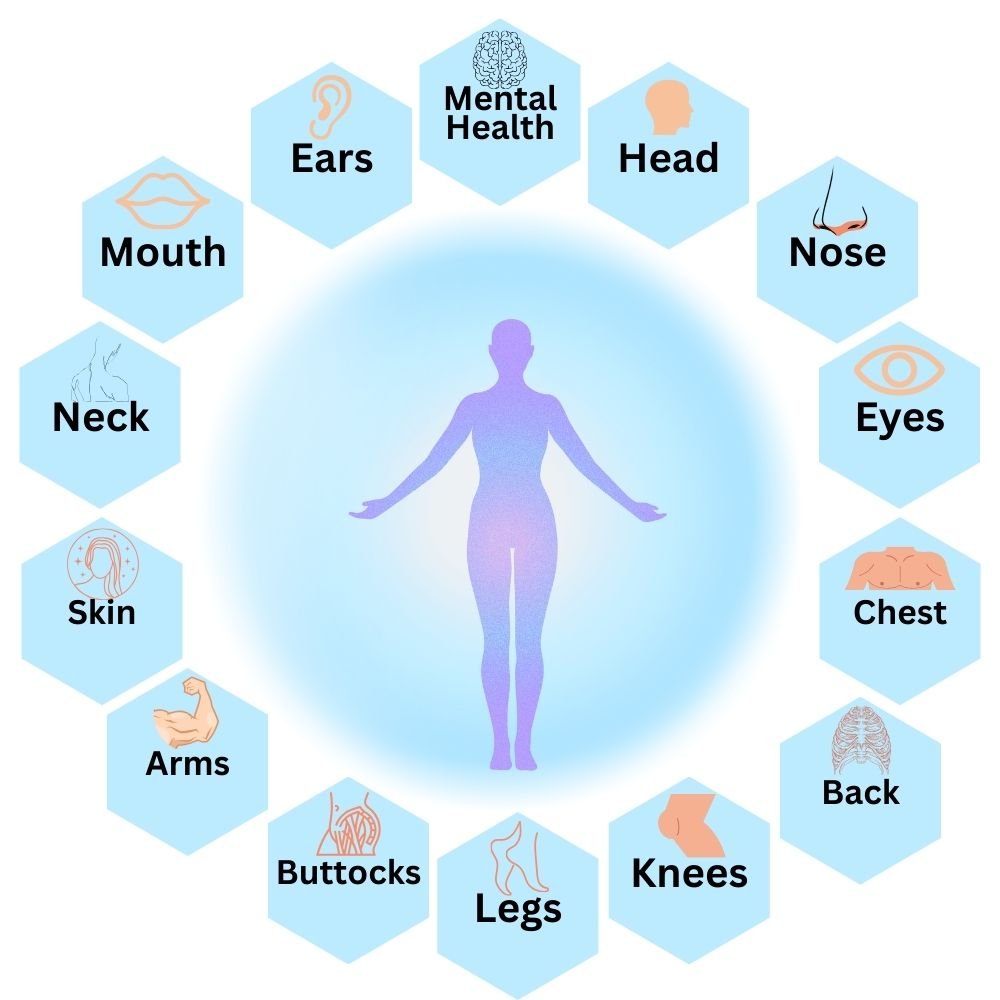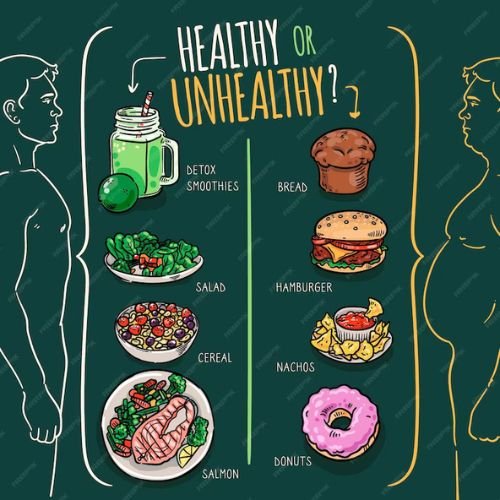Diabetes is a chronic condition characterized by elevated levels of blood glucose, either due to insufficient insulin production or ineffective use of insulin by the body. It affects millions worldwide and can lead to serious complications if not managed properly. Adopting a suitable diet plan is crucial in managing diabetes effectively.
Post Views: 29










